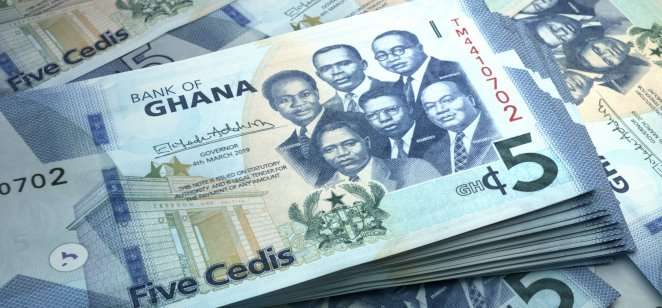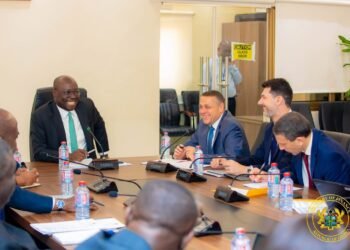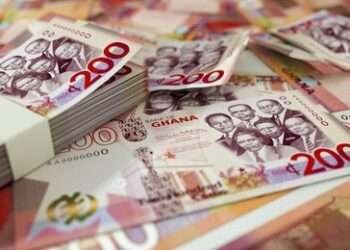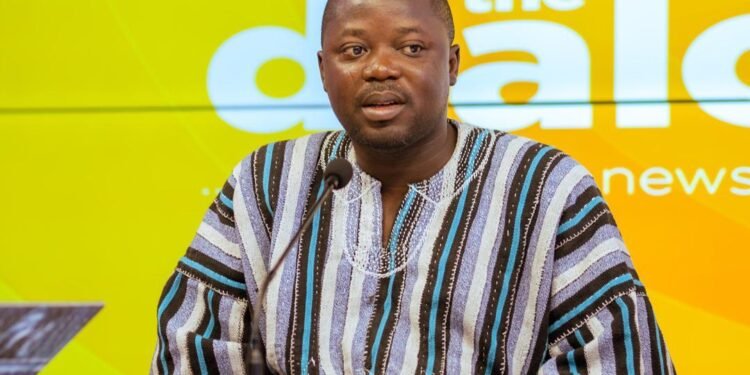A group of Economists have warned that though Ghana seems to be struggling to maintain macroeconomic stability especially with regards to the stability of the cedi, they do not think that a Currency Board is appropriate for Ghana; neither do they think a fixed exchange rate regime will address the vulnerable nature of the local currency.
According to them, the country rather needs to roll out measures that will make it resilient to external shocks.
“What Ghana needs is to build enough resilience to withstand external shocks such as commodity price shocks, global pandemics, global inflation and other unforeseen events. This requires both short-term and medium- to long-term measures. Certainly, a currency board and/or a fixed exchange rate isn’t the solution.”
Professor Elikplimi Komla Agbloyor, Professor Ebo Turkson and Dr. Agyapomaa Gyeke-Dako
In the Short-Term, the three Economists, Professor Elikplimi Komla Agbloyor, Professor Ebo Turkson and Dr. Agyapomaa Gyeke-Dako, all lecturers at the University of Ghana, urged the fiscal and monetary authorities to communicate clearly and explain the current situation to Ghanaians to reduce uncertainty in the business environment and break the speculative and panic rush for dollars.

Apart from the IMF loan and the expected inflows of the cocoa syndicated loans, the Economists suggested that Ghana should seek the assistance of bilateral partners to obtain grants or loans to shore up “our foreign currency reserves”.
This, they said, would help the Central Bank increase forex liquidity through increased market support and forward forex auctions to banks which could potentially slow down or reverse the depreciation of the cedi.

“The Bank of Ghana should also continue its gold purchase programme and discussions with the oil companies to boost its reserves way above the minimum threshold for months of import cover. We think that a target minimum import cover ratio of between 8-12 months would be ideal.”
Professor Elikplimi Komla Agbloyor, Professor Ebo Turkson and Dr. Agyapomaa Gyeke-Dako
Medium- to Long-Term Measures
In the Medium- to Long-Term, “we need to restructure the nature of the economy from being highly import dependent and an exporter of raw materials”, the three Economist recommended.
They explained that this can be done by adding value to primary exports for import substitution and export promotion as well as through a well-designed and implemented import substitution industrialization strategy such as the 1D1F programme.
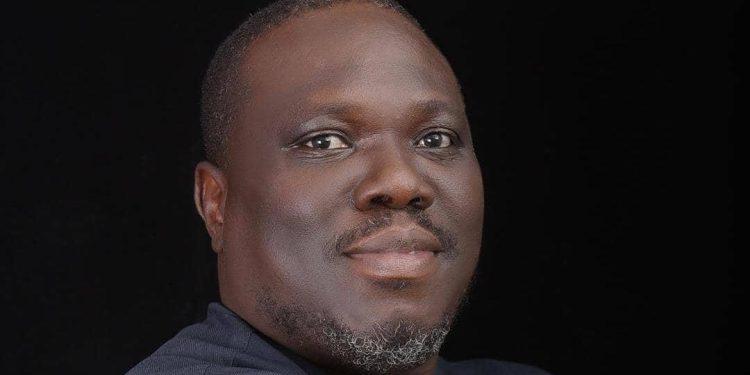
They also urged government to introduce policies to promote consumption of made in Ghana goods and services, discourage the importation of non-essential goods as well as promoting the export of services such as education and health.
On fiscal policy, they noted that Ghana needs to re-examine the Public Debt Management Strategy by borrowing less from international capital markets as it exposes the economy to ‘Original Sin’.
“In our view, external debt should form a maximum of 20-25% of total debt, while we reduce the participation of non-resident investors in our domestic debt market. This will enable Ghana to manage the disorderly exit of foreign investors and reduce substantially the pressure on the cedi.”
Professor Elikplimi Komla Agbloyor, Professor Ebo Turkson and Dr. Agyapomaa Gyeke-Dako
The Senior Economists also called for a reduction in the rigidities in public expenditure by weaning many public institutions off the public sector wage bill, clean the public sector payroll of ghost names, re-examine the public procurement act to ensure value for money procurements and reduce the size of government and/or the parliamentary system.
The government was also urged to prioritize social interventions and move away from indiscriminate subsidies to well-targeted pro-poor subsidies.
They called for measures to increase domestic resource mobilization with regards to widening the tax net to include the untaxed informal sector through the successful digitalization that has so far been achieved. In addition, they advised government to pursue aggressively, the collection of realistic property rates using digital platforms to minimize revenue leakages.
The Economists also emphasized the need to tackle corruption which has drained public funds and severely constrained the fiscal space.
Calls for a currency board
As the Cedi lost its value sharply so far this year, some journalists, politicians and commentators urged monetary authorities to fix or peg the Cedi, for example, against the US dollar. Further, Prof. Steve H. Hanke, a Professor of Applied Economics from the Johns Hopkins University has also recommended that the nation adopts a Currency Board system.
However, the three Economists cautioned that there are pros and cons of adopting a fixed exchange rate system or a Currency Board which is a hard exchange rate peg.
According to them, adopting a fixed exchange rate system will mean that “we have to either give up free capital flows or independent monetary policy”. This is borne out of the international macroeconomic literature known as the impossible trinity or policy trilemma where countries cannot have fixed exchange rates, free capital flows and independent monetary policy at the same time.
Under such circumstances, countries will have to choose two out of these three options which will mean that either Ghana will halt free flow of capital or loss control of monetary policy.
Instituting a Currency Board, the Economists said, also has some disadvantages because it would lead to a loss of control over monetary policy. They explained that the central bank would lose its ability to function as a lender of last resort to the banking sector as it cannot issue new currency if it does not have foreign reserves to back it.
“Without a lender of last resort, the Central Bank cannot intervene to restore financial stability in the event of financial crises. We know that financial and economic crises have become more frequent and severe. In addition, if we install a Currency Board, then the local authorities cannot use interest rates to guide or stimulate the economy.”
Professor Elikplimi Komla Agbloyor, Professor Ebo Turkson and Dr. Agyapomaa Gyeke-Dako
The Economists further underscored that a Currency Board requires strong institutions to make it successful but at present, “we don’t have strong institutions to ensure a currency board operates successfully”.
READ ALSO: Your Words On Deforestation Do Not Jell With Facts On The Ground- OccupyGhana To Akufo-Addo


